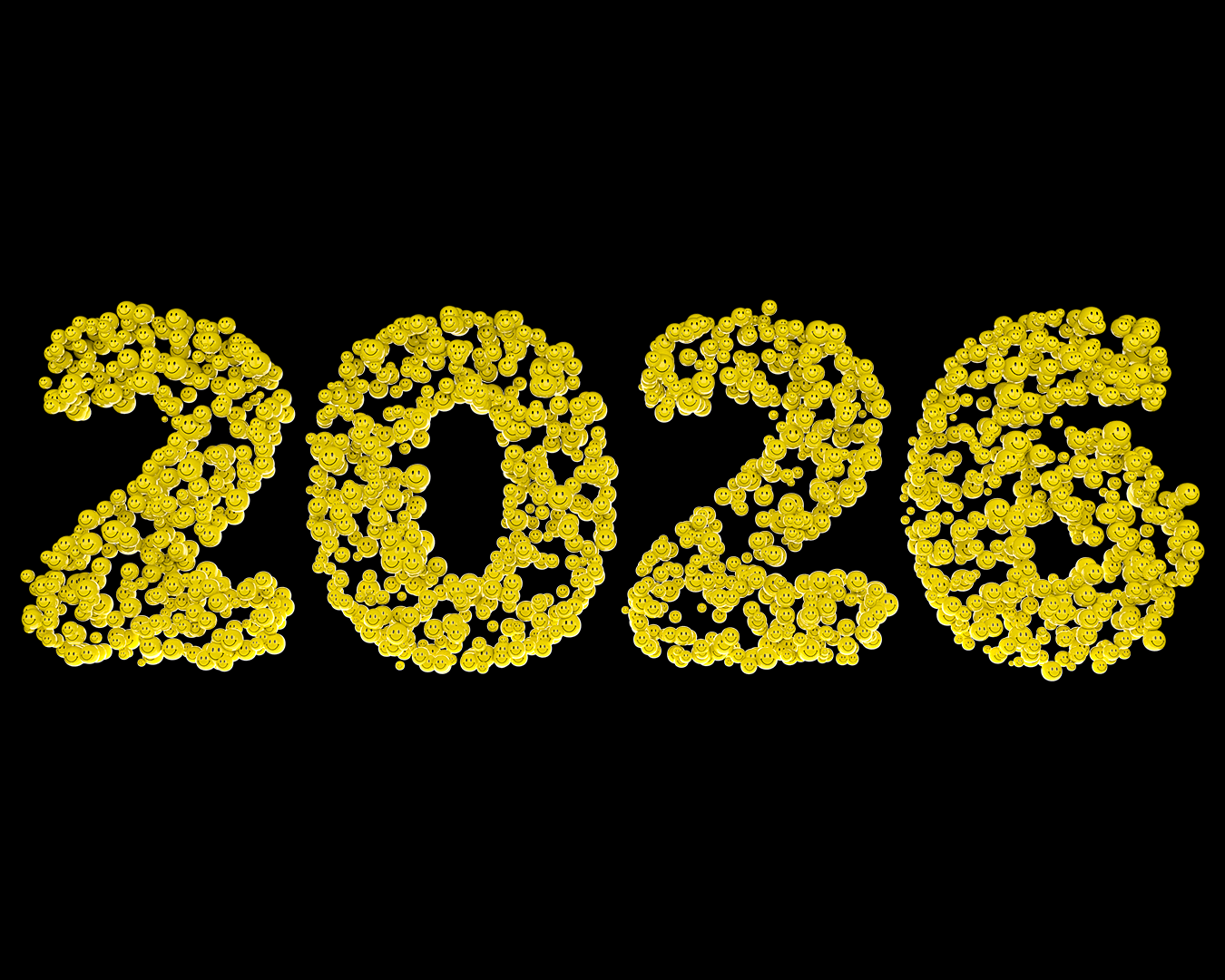
No one wants to be that pariah in the meeting to utter the words universally despised by CEOs across the land: ‘brand awareness’. Just like the words ‘influencers’, ‘reach’ and ‘impressions’ can have eyes glazing over, new metrics are an apparent lifeboat for desperate marketers under ever increasing pressure to prove their worth. If you can’t slap a pound sign over your efforts, have you even been marketing at all? It’s all too common to see marketers instead rely on vanity metrics with their accompanying (and infuriating) acronyms.
When I first started out in marketing, I watched the marketing managers I came across with wide eyed admiration. I fully believed that there was something they knew that I didn’t. They seemed so sure of themselves and their activity that I assumed there was a magic trick to it. That at some point in time, with enough experience, I too would be able to harness this mythical power. When I joined the Union, three years ago, I even joked to friends about ‘seeing behind the curtain’ and that I’d finally be let in on the secret.
Reader, I’m sorry to disappoint you. There is no silver bullet. No eureka moment. Turns out marketing is as simple as it first seemed. You have a product. You think the product is pretty good. Turns out you need to find ways to let people know about the product. Your sales have gone up? Great, keep going. It’s easy to get bogged down with the idea of knowing what’s worked. Having a healthy appreciation of attribution is fine, but you can’t rely on it to see the bigger picture. Marketers and in particular marketing agencies should most definitely be held accountable to measure their campaigns. But not all metrics are created equal.
“Marketers prefer clear answers that are wrong to vague answers that are right.” ? Bob Hoffman, Quantum Advertising: A brief reflection on the nature of advertising1
Back to our marketing pariah, the one talking about ‘brand awareness’ in their meeting. If marketers relied on marketing that was easily proven, we’d only ever recommend PPC, abandoned basket emails and retargeting ads. These are all trackable and have a fantastic, as well as crystal clear, ROI. Those billboards that put your product in front of thousands of passers-by? Useless in a digital dashboard. TV spots, posters, social media posts, they get you ‘awareness’ but if your job is hinging on a statistic or a metric, what use is awareness? As marketers, we end up balancing the things we know will get a tangible result and mix in the activity that while untrackable for the most part, is the creative spirit that makes your brand fly.

As an email marketer, I’m on the fortunate end of the spectrum. Email offers a wonderful array of trackable metrics, all of which you can use to improve and optimise your email program. But in terms of bottom line? Unless 100% of your business is online and you’ve spent a pretty penny setting up the perfect attribution platform, it’s still going to be a muddy profit/loss report. Last click attribution is great for hideously promotional emails, but if we only ever sent those, our subscribers would soon get tired of them and would be unsubscribing faster than we could say ‘but wait, we really do have something interesting to say’. The content marketers on the other end of the scale are trying to have a warm and meaningful conversation with customers but it’s the discount emails and PPC clicks that claim the glory.
Now I’m not saying digital attribution and metrics can’t be done right. If you invest in the right platform, the right partner and have the infrastructure for it, you can get some valuable insights about your customer’s buying cycle, formulate a ‘customer lifetime value’ and make actions based on fact. But digital isn’t the holy grail. Facebook famously tried to claim that it was reaching more 15-24 year olds in the UK than actually exist2. The digital ad space is fraught with scandals of ‘impressions’ never actually reaching human eyes. And that’s before you even get started with influencers and their purchased following. Groupon ran its own test3 which showed most of its ‘direct’ traffic was actually untracked referrals, putting much more value on their SEO activity.
Marketing is an extension of your business, not an external silo. Whatever methods you use to measure success of your business, whether it’s sales revenue, number of leads or conversion rate, you should use the same measure to judge your marketing activity as a whole. There are insights to be had from analytics, and you can sometimes attribute spikes with certain activity but if you’re hoping to see the pounds rolling in from that viral organic social post or riveting blog piece, you’re likely going to be sorely disappointed. Instead put precedence on what that social post means. Were your customers interacting with you in an authentic way? Did it get in front of lots of users? Did you see a spike in traffic?
Coupling analytics with anecdotal or qualitative analysis can give you a much richer picture and tells the emotional side of the story. If you can creatively visualise the results (or find someone that can), that will be far more interesting to your decision-makers than telling them you achieved a 0.2% increase in engagement. Tell a story grounded in facts and data, not a fairy tale. Say for example you have a fascinating visualisation of improving brand sentiment on social and a corresponding visualisation of sales figures that are both singing to the same tune. You haven’t magically tracked anything; you’ve just connected the dots. If you’re able interpret the data that you do have and also have a grasp of the bigger picture, you’re well on the way to meaningful marketing measurement.
The Union offers post-campaign analysis that goes beyond vanity metrics – to discuss data visualisation, digital campaign tracking or qualitative analysis, get in touch with us here.




